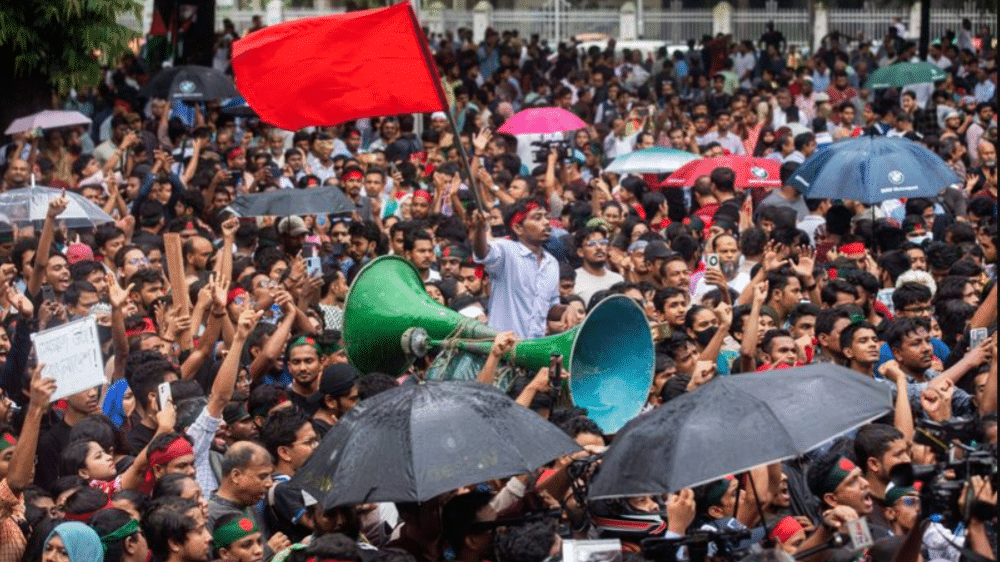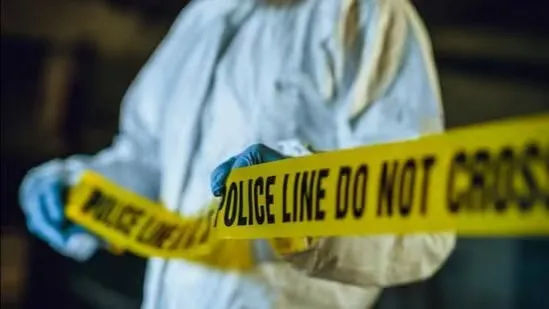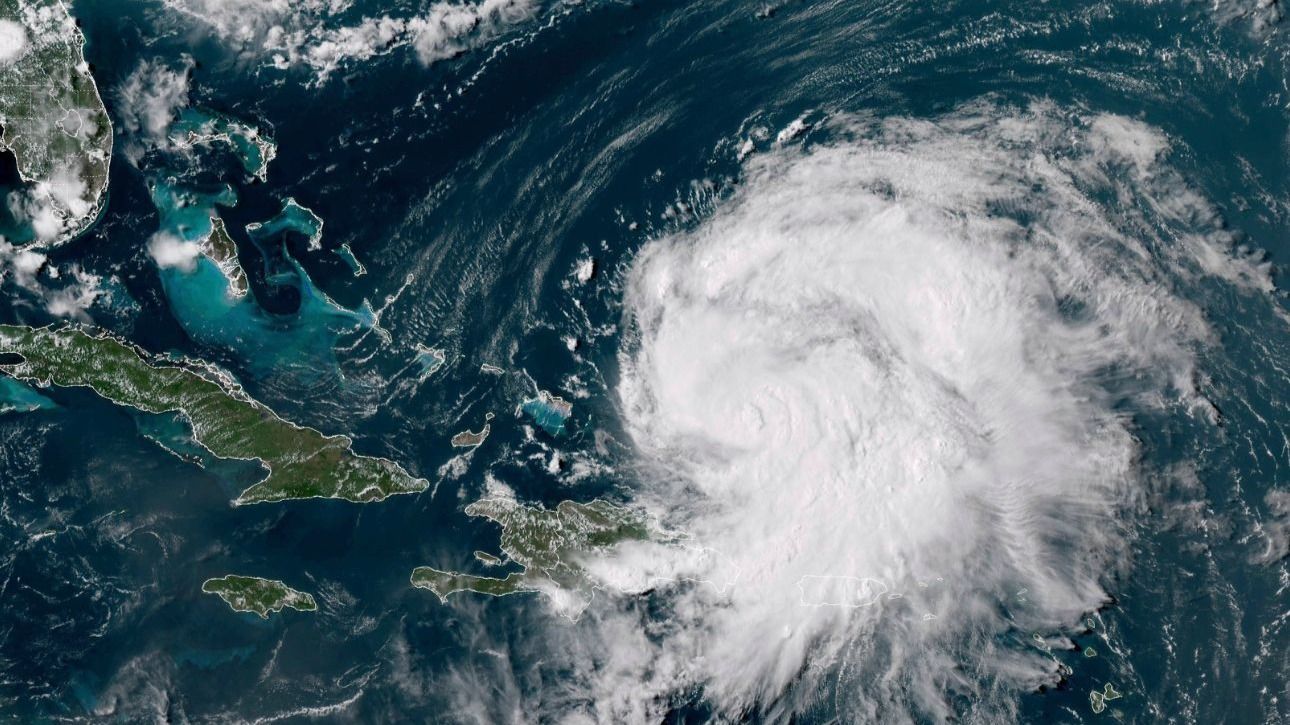Dhaka: Tension gripped Bangladesh afresh on Saturday after leaders of the student movement refused Prime Minister Sheikh Hasina’s invitation for talks while protesters laid siege on major streets in the capital, days after more than 200 people died in anti-quota protests.
Bangladesh recently witnessed violent clashes between the police and mostly student protesters demanding an end to a controversial quota system that reserved 30 per cent of government jobs for relatives of veterans who fought in Bangladesh’s War of Independence in 1971.
Witnesses said students protesting blocked major roads of Dhaka causing traffic snarls while officials said security forces were ordered to keep intensified vigil as protesters started rallying at different city points.
On Friday, Prime Minister Hasina urged the agitating students to meet at her Ganabhaban official residence for talks to end the violence over the quota system in government jobs.
Her call came a day after new protests erupted on Friday, leaving two people dead and more than 100 injured as over 2,000 protesters gathered in parts of the capital, some shouting “down with the autocrat” and demanding justice for victims.
“I am saying again, they (student leaders) can come to me for talks if they want they can bring with them their guardians as well anytime,” she said during a meeting with leaders of different professional groups.
“The door of Ganabhaban is open (for them),” she said.
“I want to listen to them. I do not want conflict,” she said while ruling Awami League sources said three party leaders were tasked to communicate and convince the anti-quota movement coordinators.
Meanwhile, two police officials were suspended by higher authorities for their “unprofessional conduct”. The officials fired gunshots that killed a second-year student of Northwestern Rangpur University Abu Sayeed, the first casualty during the protest on the university campus, intensifying the student’s rage.
Video footage and photos showed Sayeed standing, arms spread wide, alone, challenging the police crackdown against protesters when a police officer suddenly shot him several times.
However, coordinators of the Anti-Discrimination Student Movement said on Friday that they had no plan to hold talks with the government, and overnight, they called a nationwide street protest and “all-out non-cooperation” or civil disobedience campaign.
One of the six coordinators who were earlier detained for their “own safety” in detective police custody and freed after they announced the withdrawal of their movement on Friday said they were forced to give the statement.
“When we were detained in the office, we were asked to meet with the Prime Minister and suspend the movement. There was even a plan to take us to Ganobhaban forcibly,” one of the coordinators Asif Mahmud said in a Facebook post.
“We are ready to pay the price of an uncompromising stance, even if it means death. We call for the participation of every citizen of Bangladesh in the student-citizen uprising,” Asif wrote.
Tension Mounts Afresh in Bangladesh as Student Movement Leaders Refuse PM Hasina’s Call For Dialogue world-news World News | Latest International Global World News | Todays Breaking News Headlines





